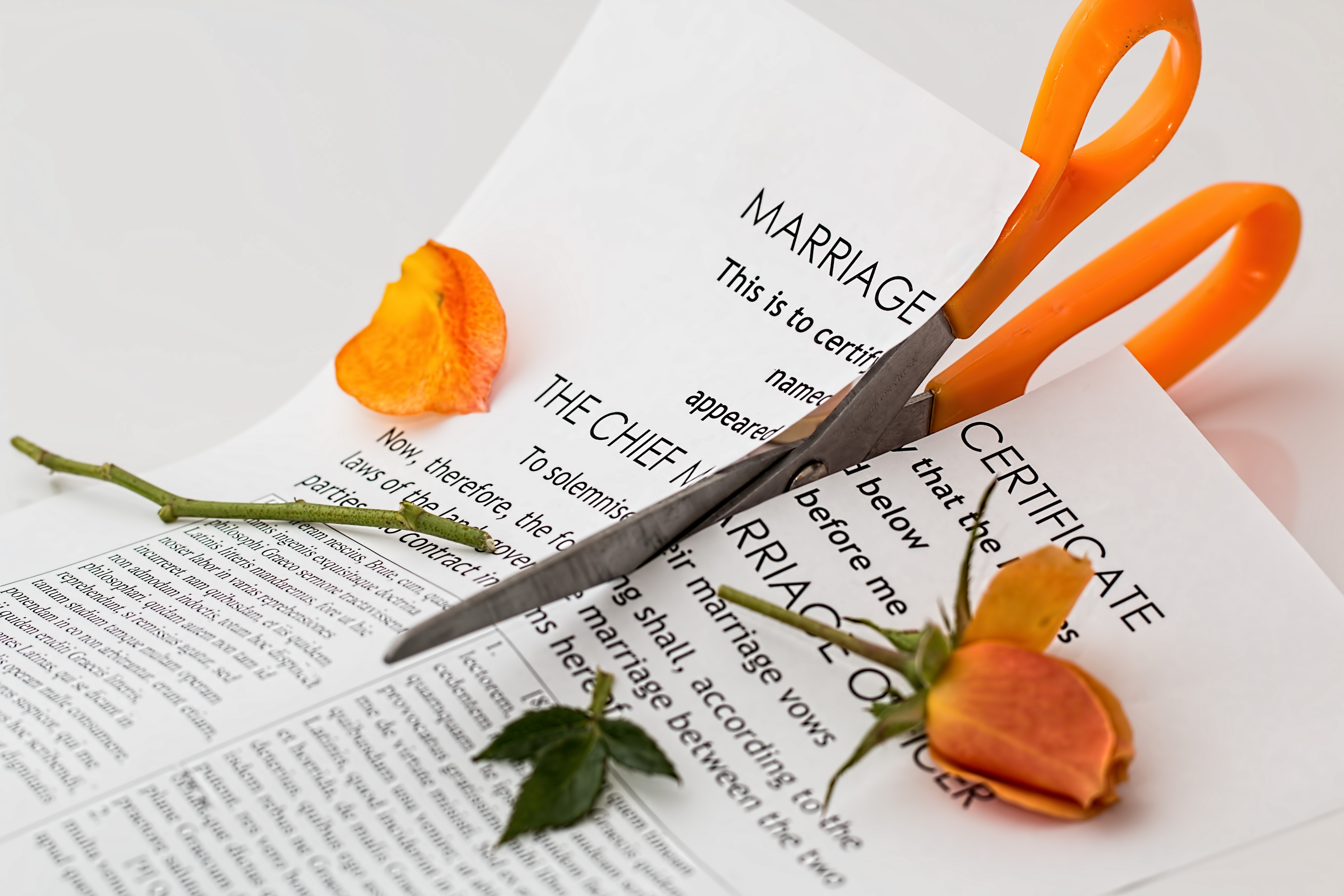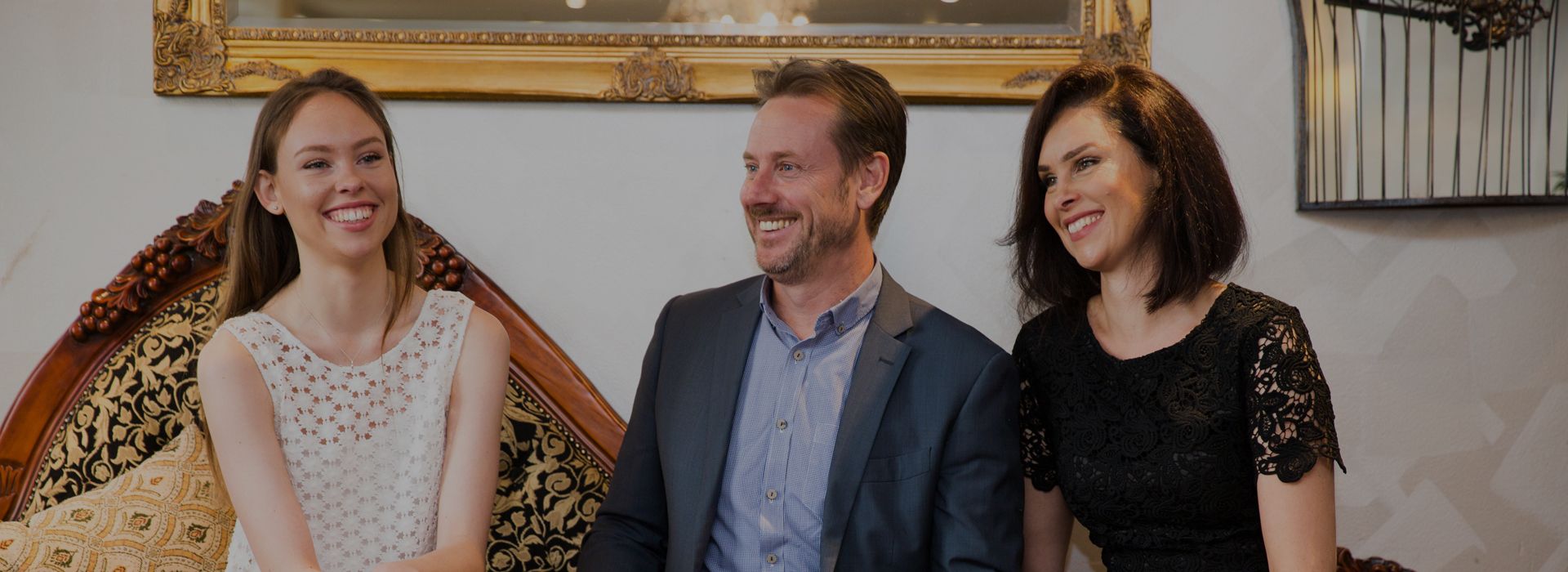
17 Jun Unhealthy Love: How to recognise it and how PSYCH-K can help?
Would you have any idea if you are in a healthy or unhealthy relationship with your partner?
How would you know anyway?
What does an unhealthy relationship look and feel like?
Have you had any feelings lately that your relationship might be on dangerous ground?
Are you able to trust your instincts?
Do you have anyone to talk to about your concerns?
We would all like to think we would know if our significant, loving relationship with our partner is a healthy, supportive one.
But often we miss signs, make excuses and are manipulated to mistrust or ignore our gut feelings.
When this happens the balance of power shifts, and you can be left feeling vulnerable and isolated.
The more you doubt yourself, and the more power and control you give away to your partner, the more you open up the relationship to dangerous behaviours, even leading to violence.
It’s a bit like not being able to see the forest for the trees.
You may be so far into your relationship that you don’t know, or can’t recognize the signs that it is unhealthy.
It can also have a negative impact on your general and mental health, as well as your day to day wellbeing.
If you would like some help in trusting your instincts more, or to discuss your concerns with your relationship and your position in it , I can create a safe space for you and help, by using a modality called PSYCH-K
Together we can explore your feelings about your partner and how you are treated, respected and supported within the relationship.
Using PSYCH-K we can discover the reasons behind accepting an unhealthy or abusive relationship.
And more importantly we can move forward so you have skills to negotiate and find a love that brings you joy and respect.
Katie Hood, relationship educator, and founder of “One Love” organisation, has succinctly outlined signs to look out for, to determine if your relationship is based on unhealthy, or even dangerous, behaviours
1.Intensity
At first, the relationship is exhilaration and exciting, but then becomes suffocating and overwhelming. It is important to observe how the relationship evolves, not how it began
2.Isolation
Your partner may pull you away from family and friends, steering you away from previously supporting relationships. They may sow seeds of doubt about all other relationships you have, outside of them
3.Jealousy
They may demand to know where you are at ALL times, who you’re with and what you’re doing. They would show signs of possessiveness and mistrust
4.Belittling
Do they use words as weapons, conversations that turn mean and nasty? Do they make jokes at your expense and become dismissive when you bring up with them that you are hurt by this behaviour?
5.Volatility
Do you have tearful, frustrated fights, followed by emotional make-ups? Do they make hateful and hurtful comments, followed by profuse apologies and promises that it will never happen again?
6.Guilting
Do they make you feel guilty or responsible for your partner’s actions? For example, making you feel responsible for their happiness, making you feel like everything is your fault?
7.Sabotage
Do they purposely try to ruin your reputation, achievements or success. Some examples are making you miss work, starting rumours or talking about you behind your back.
8.Manipulation
They may try to influence your decisions, actions or emotions.
9.Deflecting responsibility
Does your partner make excuses for their behaviour? Do they blame you or others?.
10.Betrayal
Does your partner act differently with you versus how they act when you’re not around? Do they lie to you, or leave you out?
Katie’s points are real food for thought.
If you’d like more clarity around your relationship, or to heighten your relationship skills, I’m here to help.
Please contact me for a confidential session.
If you have any questions or would like to comment below, feel free.

